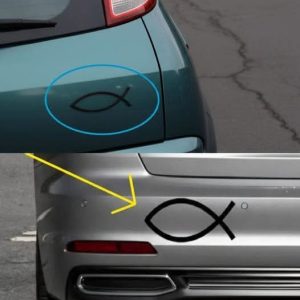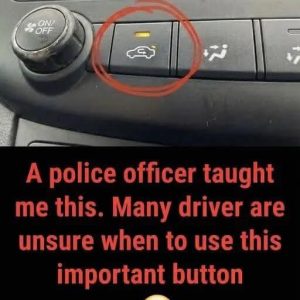From the beginning, my relationship with my mother-in-law was strained. I could sense her disapproval through her cold demeanor, silent judgment, and constant comparisons to Adam’s ex. When Adam and I eloped, her reaction wasn’t anger—it was silence, which somehow felt even colder.
I hoped things would improve after the birth of our son. Denise visited once, smiled politely, and then disappeared from our lives—no calls, no support, not even a birthday card. It was clear that having a grandchild didn’t soften her stance toward me or bring us closer.
Then the real blow came. One evening, Adam revealed that his parents wanted a DNA test to confirm our son’s paternity. I was devastated by their doubt. We agreed to the test—but with a condition: Adam would also be tested to confirm his paternity. It was a painful decision, but we needed to confront the hurt.
We chose a family birthday gathering to reveal the results. Our son was unquestionably Adam’s. But in a shocking twist, Adam’s father turned out not to be his biological parent. The revelation stunned the room. Adam turned to his mother and confronted her hypocrisy—she had questioned my integrity while hiding a secret of her own.
Denise later called to apologize, but we didn’t respond. The pain ran deep—not only because of the false accusations but also because Adam hadn’t defended me when I needed him most. We began therapy to rebuild trust. Adam acknowledged his failure and took steps to support me, finally putting our family first.
We’ve since cut ties with Denise, but Adam’s father has returned—humble, present, and committed to being a grandfather. Our son is surrounded by love. DNA results are now irrelevant. What matters is who shows up—and who truly belongs in our family.




